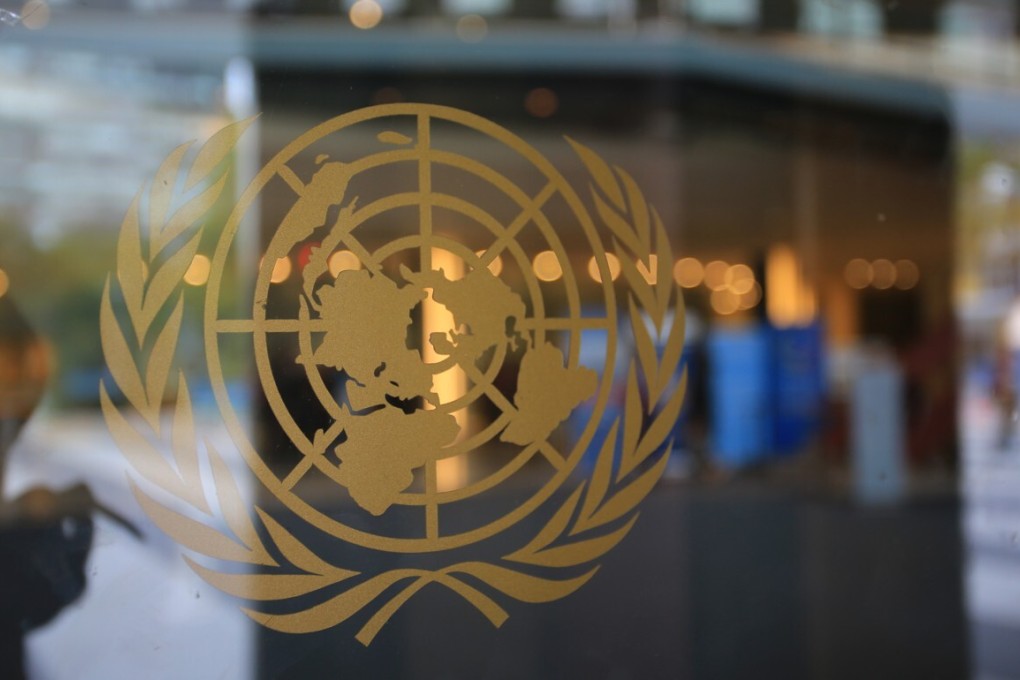Advertisement
On Reflection | After World War II, China valued its people’s personal freedoms. It should remember that
- A delegation from China helped found the UN in 1945, when the Communist Party’s Dong Biwu spoke of ‘free elections’ and ‘free rights’ at home
- The Beijing of today should be proud of the better post-war world it fought for, and recall its backing of individual liberties all those years ago
Reading Time:3 minutes
Why you can trust SCMP

Seventy-five years ago this week, on 15 August 1945, Emperor Hirohito announced Japan’s unconditional surrender in its war against the Allies.
World War II in Asia began with the fighting between China and Japan in July 1937, and over the next eight years, up to 14 million Chinese lost their lives, 100 million became refugees in their own country, and the painful modernisation of the country’s economy, transport and finances was smashed to pieces.
Chinese soldiers and civilians made countless sacrifices before the Western allies – the United States and the British Empire – joined the war in Asia after Japan attacked Pearl Harbour in December 1941.
Advertisement
When Japan invaded China, many Western observers thought the country would surrender within a year. In that scenario, the US might never have been able to join a world war on two continents.
Not just Asia, but the world, would have been very different. China’s war against Japan, fought by Nationalist (Kuomintang) and Communist militaries, was a vital element of the global conflict.

08:41
Hong Kong’s unsung guerrilla fighters of the second world war
Hong Kong’s unsung guerrilla fighters of the second world war
China started thinking about the new post-war world even before the fighting was over. In April 1945, with the war still raging in Asia, a delegation of Chinese politicians led by the Nationalist prime minister T.V. Soong arrived in San Francisco to take part in the foundation of the new United Nations.
Advertisement
Select Voice
Choose your listening speed
Get through articles 2x faster
1.25x
250 WPM
Slow
Average
Fast
1.25x
